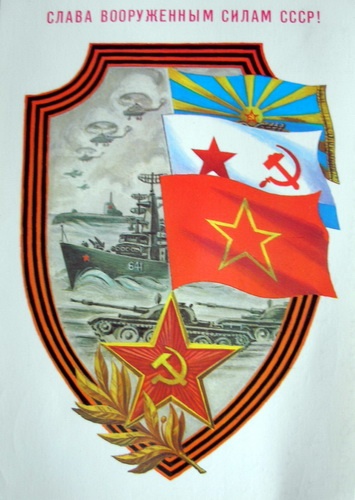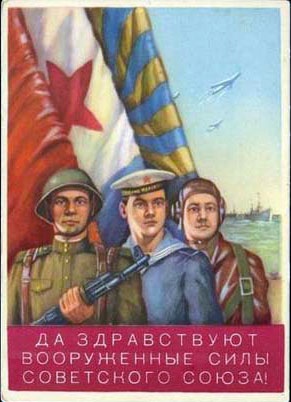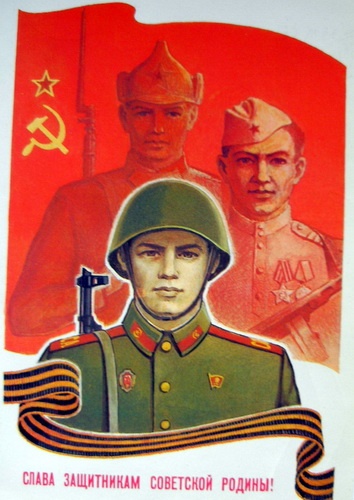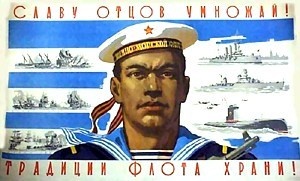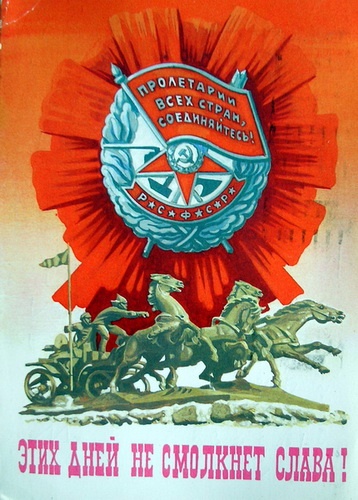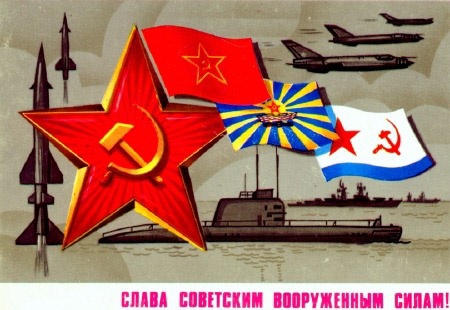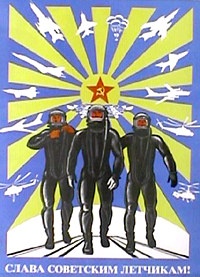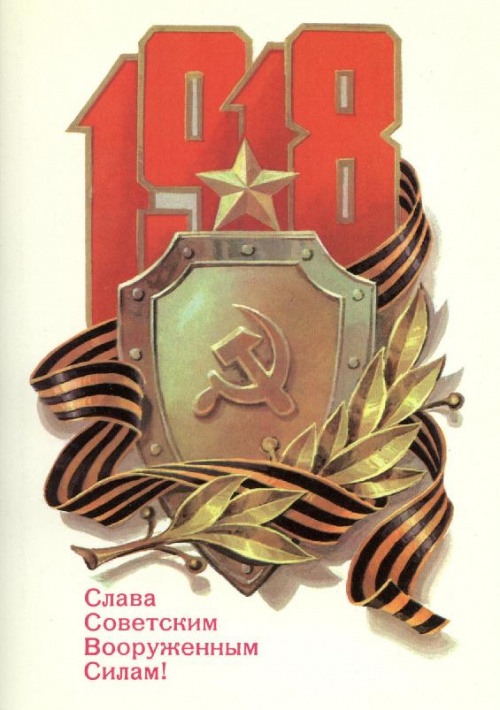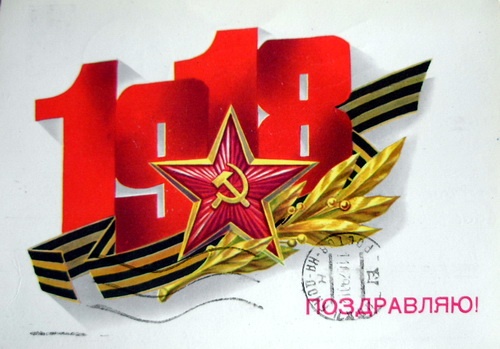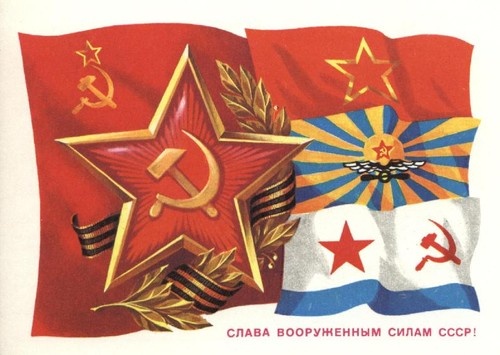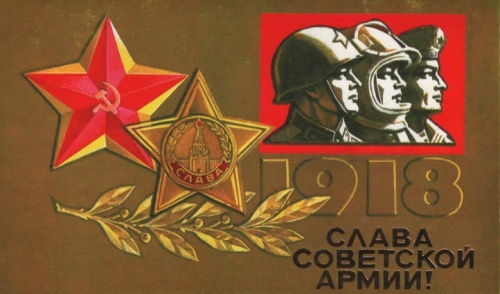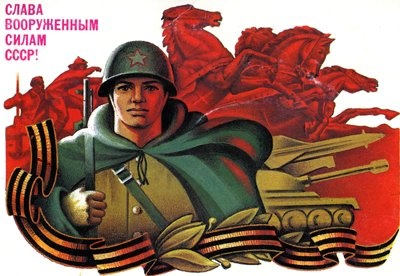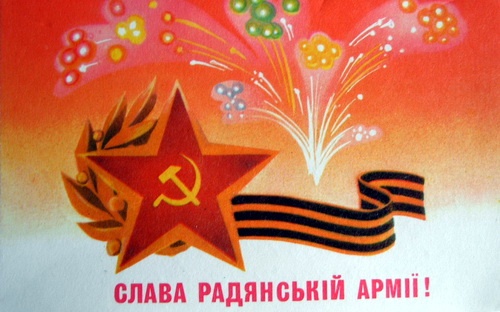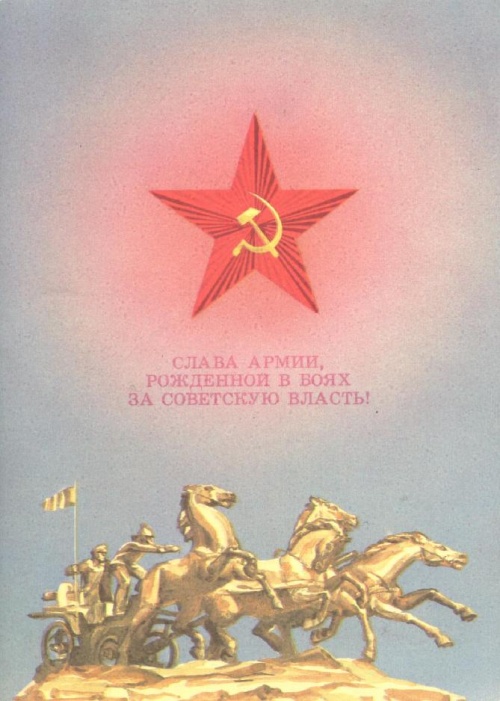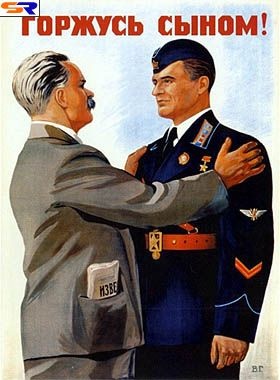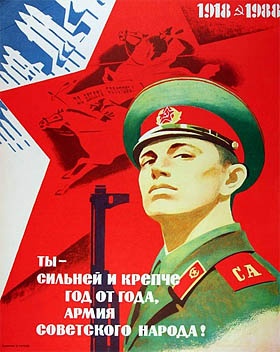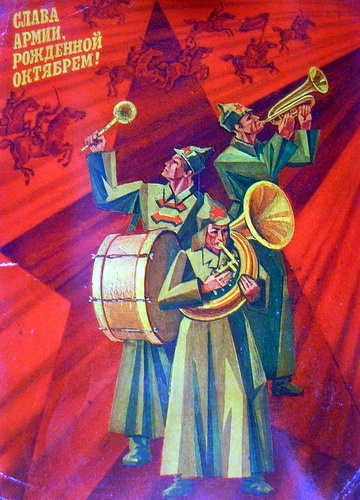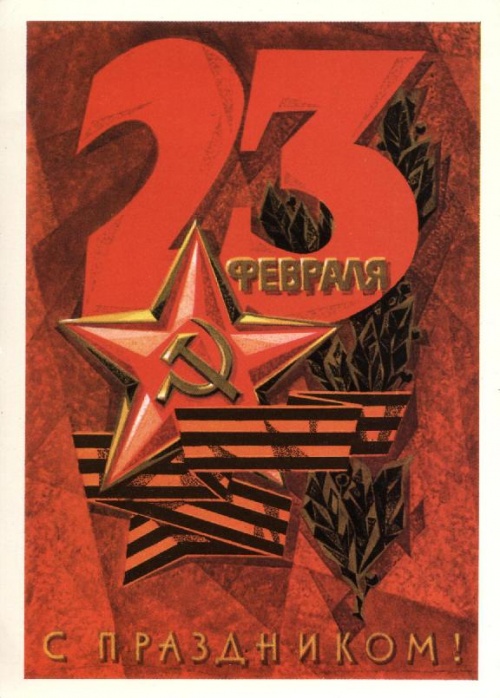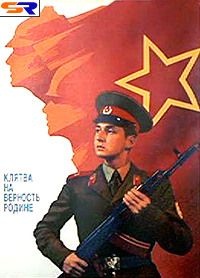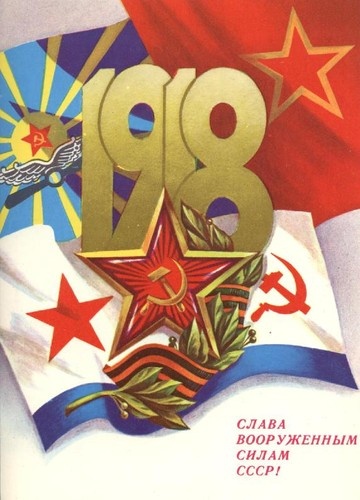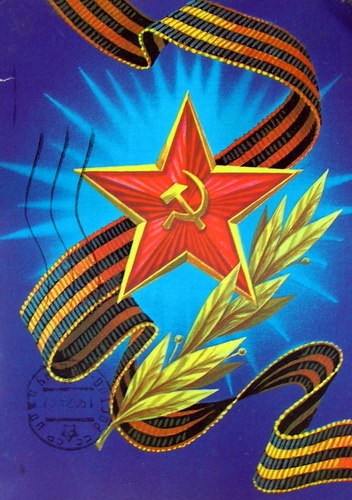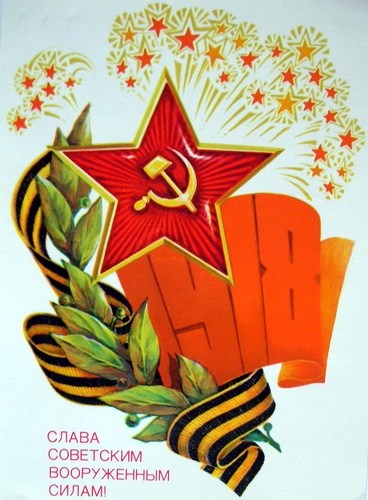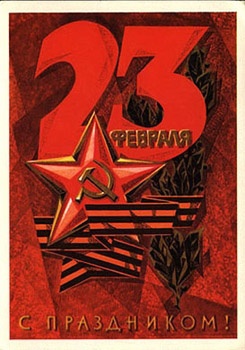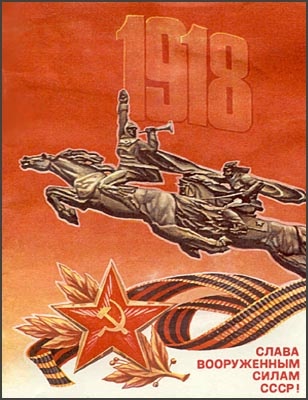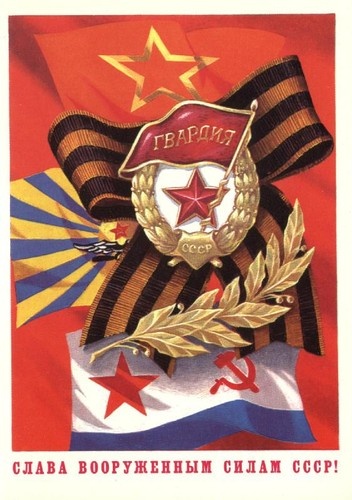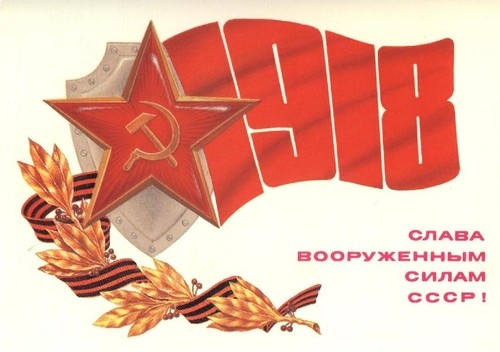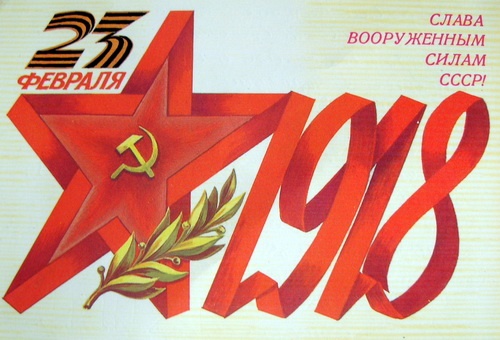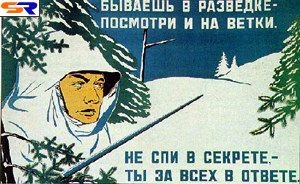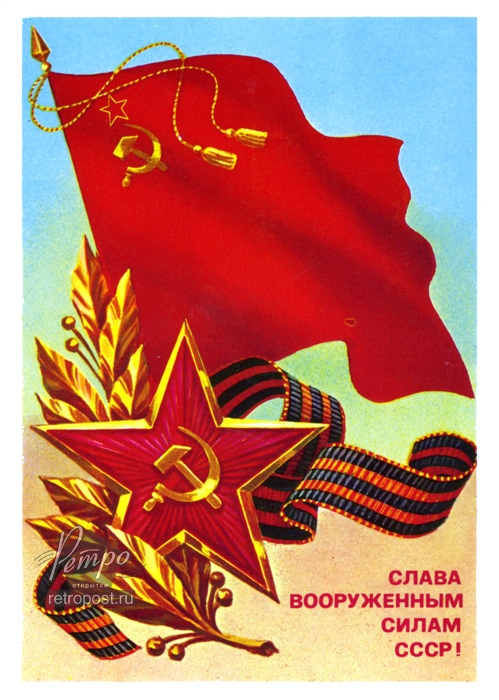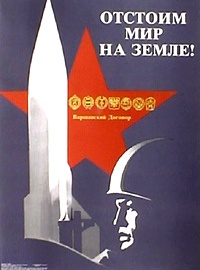Разрешение картинок от 200x269px до 671x1039px
Four anniversaries of February 23
Since my distant childhood I remember a great national holiday - Red Army Day (today is Defender of the Fatherland Day). It was always held solemnly, with parades in Moscow and big cities. They sang in the squares on February 23, 1941:
And if the enemy is our joy alive
He wants to take it away in a stubborn battle,
Then we will sing a battle song
And let us stand up for our Motherland!
I got up exactly four months later. And a new song by the same Lebedev-Kumach began to sound:
Get up, huge country,
Stand up for mortal combat
With fascist dark power,
With the damned horde!
The Great Patriotic War began. What happened during it on the anniversary of the Red Army?
February 23, 1942
The Chairman of the Council of People's Commissars, aka the People's Commissar of Defense of the USSR, aka the Supreme Commander-in-Chief I. Stalin issued an order. It summed up the results of the eight-month struggle against the Nazi invaders.
And they, these results, were terrible. Million losses. Hundreds of surrendered cities, entire republics... But there were also encouraging lines: the crushing defeat of the Germans near Moscow!
British Prime Minister Winston Churchill addressed us with a message on the occasion of the anniversary of the Red Army: “On this solemn occasion I express the admiration and gratitude with which the people of the British Empire follow their exploits, and our confidence in the victorious end of the war... “The old fox was well aware that if not the Red Army, which stood in the way of the brown plague, then the fate of all of Europe would have been sealed.
And here is what Franz Halder, chief of the general staff of the ground forces of Nazi Germany, wrote in his diary on February 23: “The expected enemy offensive in honor of Red Army Day did not happen. The situation was without significant changes...”
Halder was disingenuous and reassured himself. The fighting was fierce everywhere. And it’s not for nothing that Hitler will soon dismiss his chief of staff, as well as almost two hundred other generals. The main reason for this was the failure of the blitzkrieg.
February 23, 1943
For this day, the Red Army prepared a gift of gifts, defeating the Germans at Stalingrad and capturing almost two hundred thousand soldiers and Field Marshal Paulus.
In his next order, Stalin summed up the results of the twenty-month struggle against the Nazi hordes. The latest successes of the troops of the Leningrad and Volkhov fronts in the Mginsk direction were especially noted. And although the operation did not produce large territorial results, it forced the enemy to bring up large reserves, removing them from other areas.
A telegram was received in Moscow from US President Franklin Roosevelt: “Please accept our deep admiration for the Red Army, its magnificent achievements, unsurpassed in history. It stopped the enemy near Leningrad, near Moscow, in the Caucasus and, finally, in the immortal Battle of Stalingrad it itself went into great offensive."
February 23, 1944
On the eve of the 26th anniversary of the Red Army, our troops crossed the Dnieper, and the Presidium of the Supreme Soviet of the USSR adopted a Decree conferring the title of Hero of the Soviet Union on more than two hundred generals, officers, sergeants and privates. Several thousand soldiers were awarded orders and medals.
The third and final period of the Great Patriotic War began. There were over six million soldiers and commanders in the ranks of the active army. And in service there were five thousand tanks, ninety thousand guns, eight and a half thousand aircraft. It was a force capable of completely crushing the enemy.
February 23, 1945
Order number five from the Supreme Commander-in-Chief on the results of the winter offensive. Our land has already been cleared of invaders, an unprecedented blow has been dealt from the Baltic to the Carpathians.
The Second and Third Belorussian Fronts are fighting in the Koenigsberg area, the First Ukrainian Front has reached the Oder. The Vistula-Oder, Warsaw-Poznan, and Sandomiero-Silesian operations were completed. Soviet people take advantage of every minute to listen to the radio: how far have our people advanced, what cities have they taken?
Old “friend” Winston again sent a message: “Future generations will recognize their debt to the Red Army as unconditionally as we did, who lived to witness these magnificent victories...”
There were two more months of fierce fighting ahead, and the most stubborn one was for Berlin.
